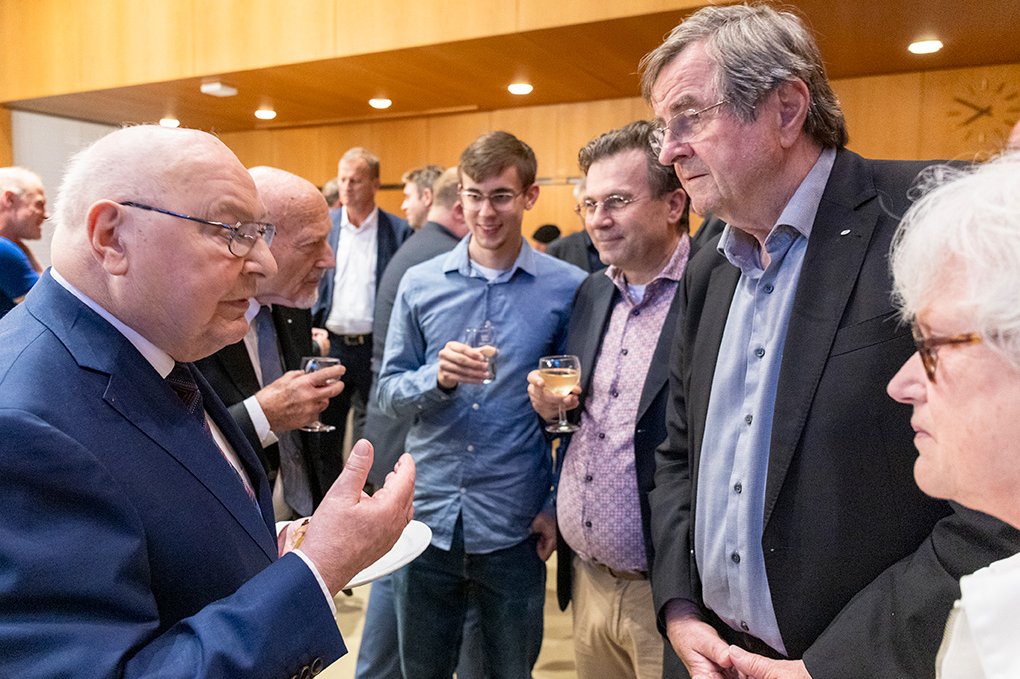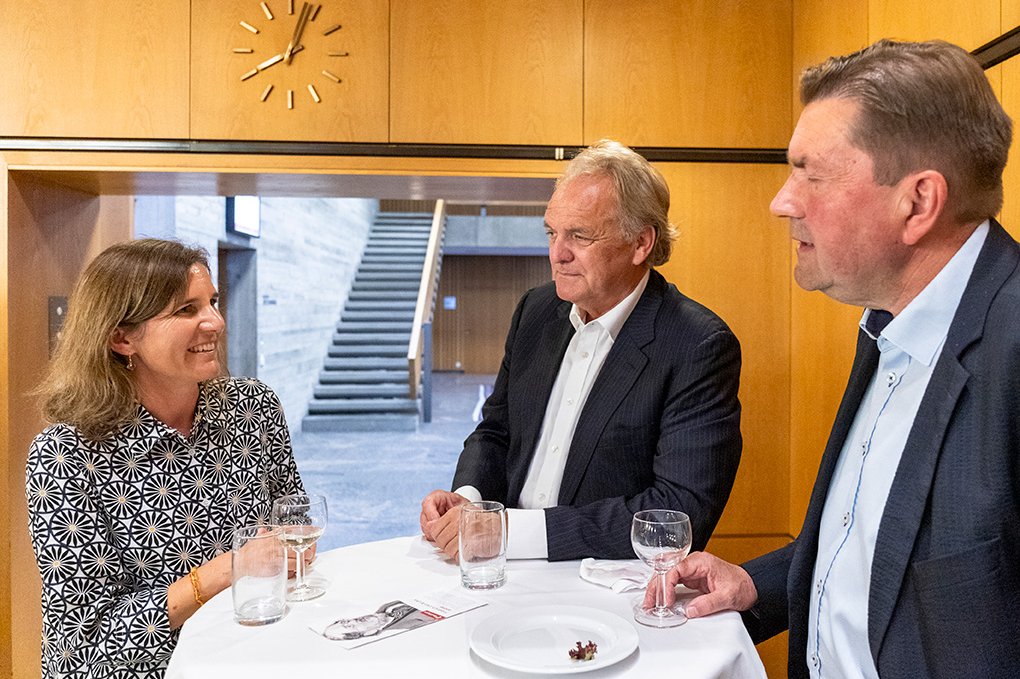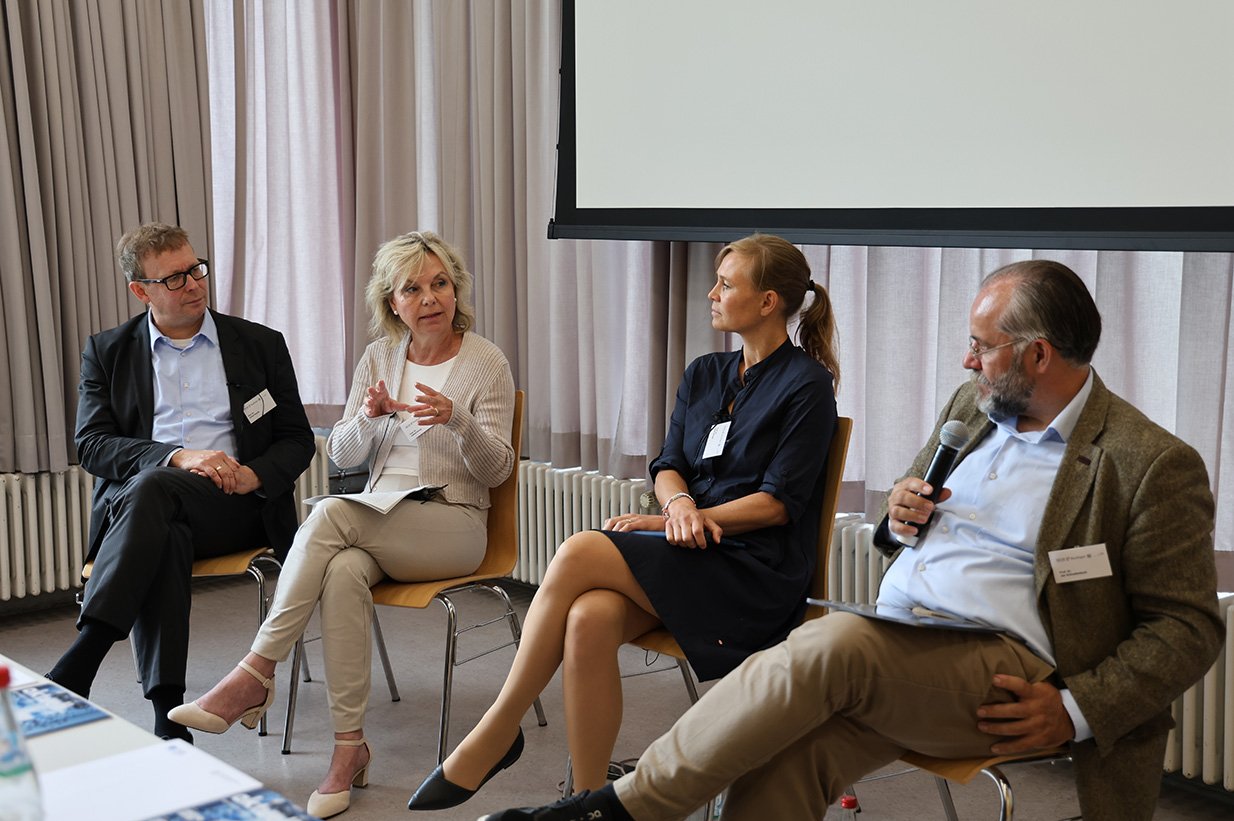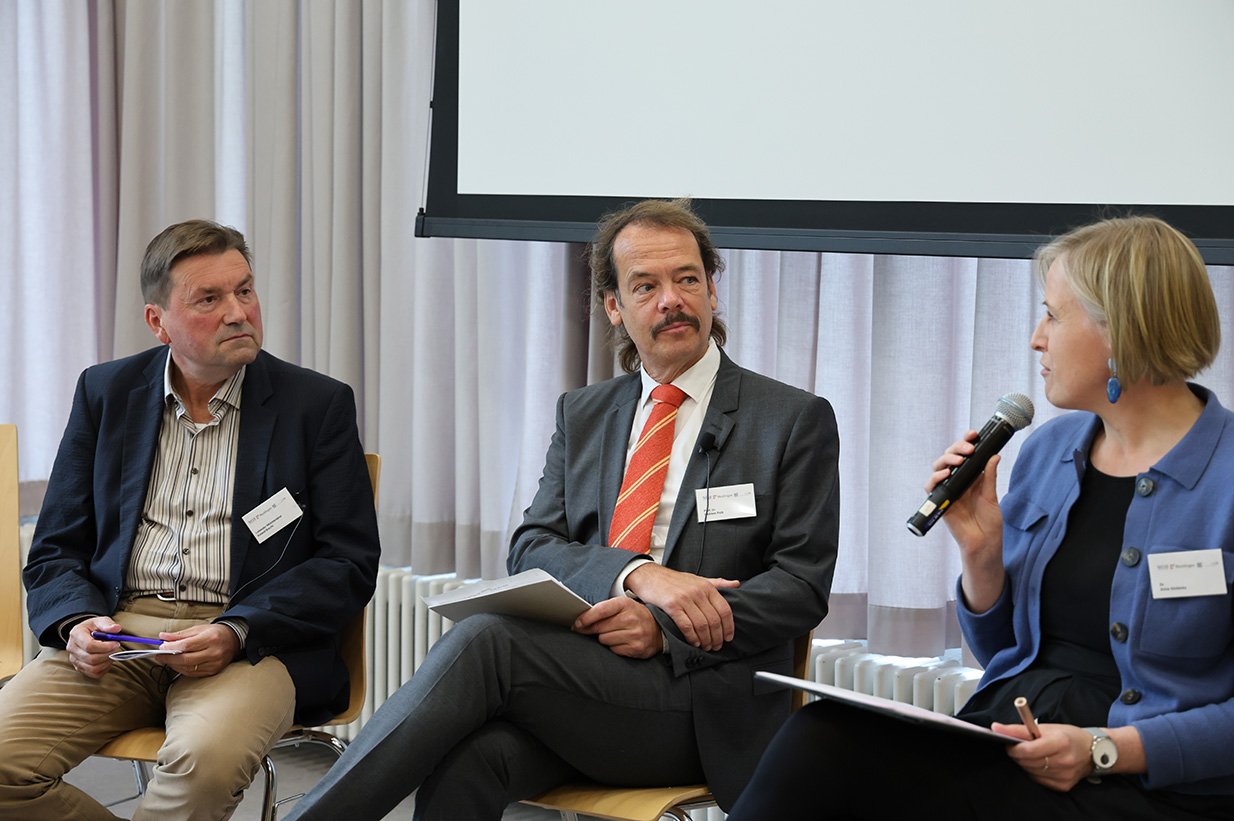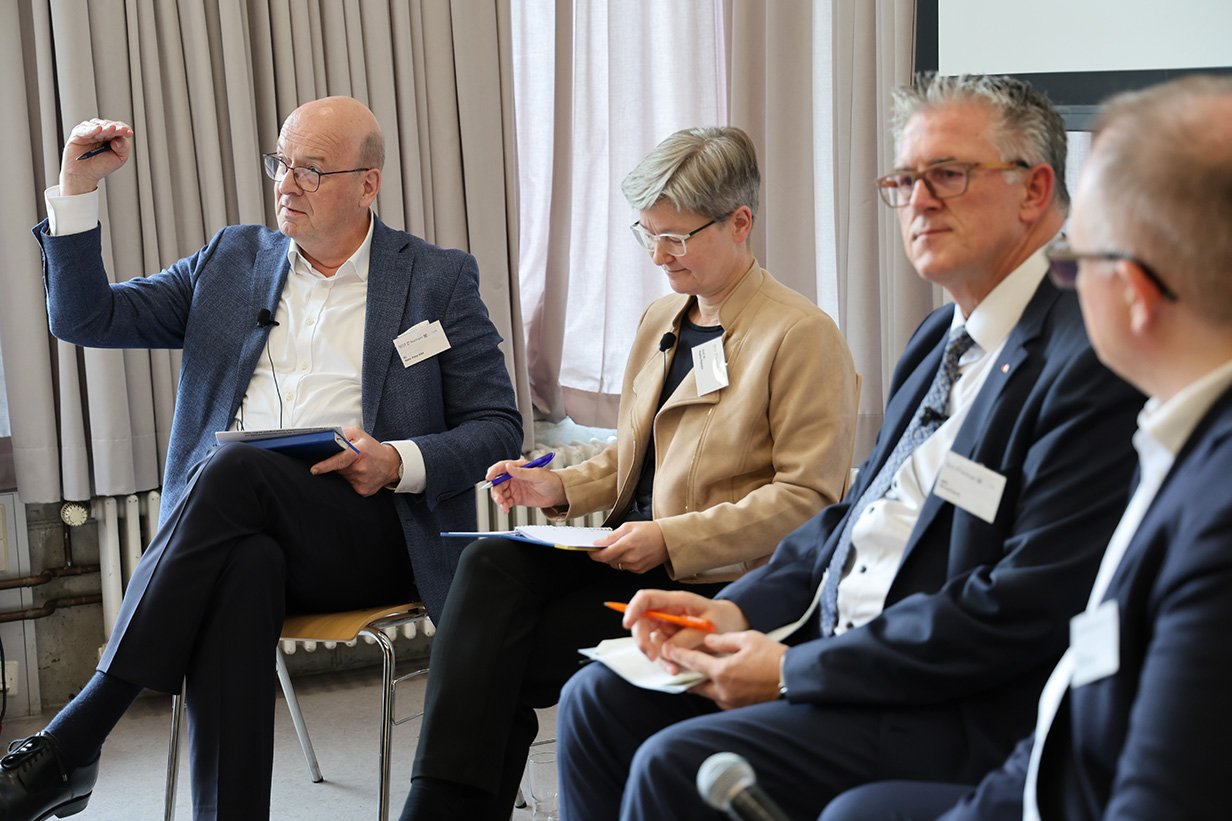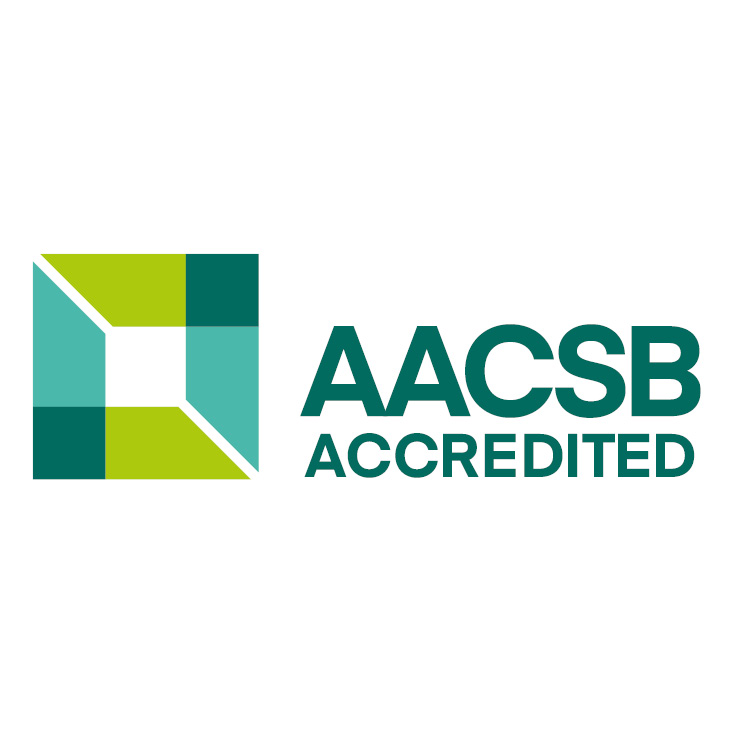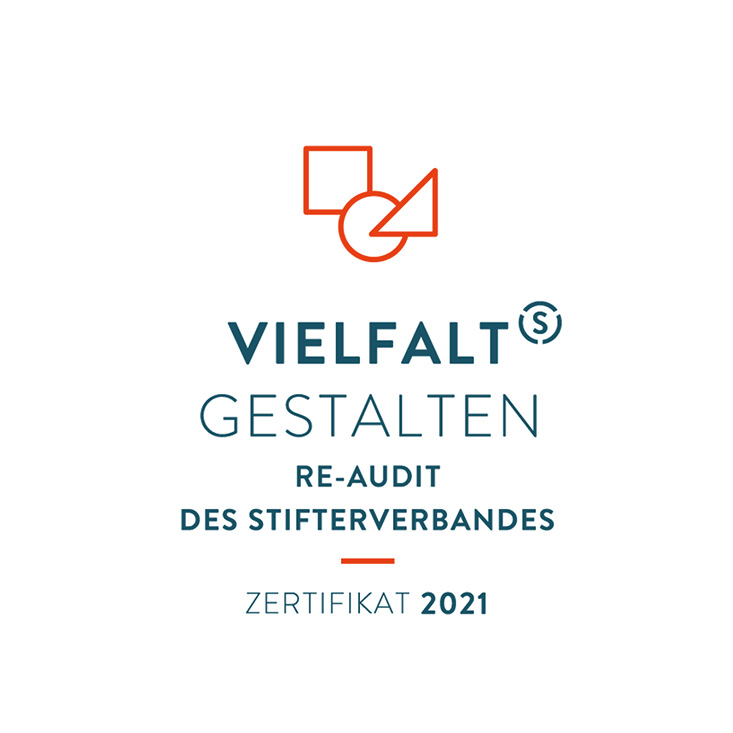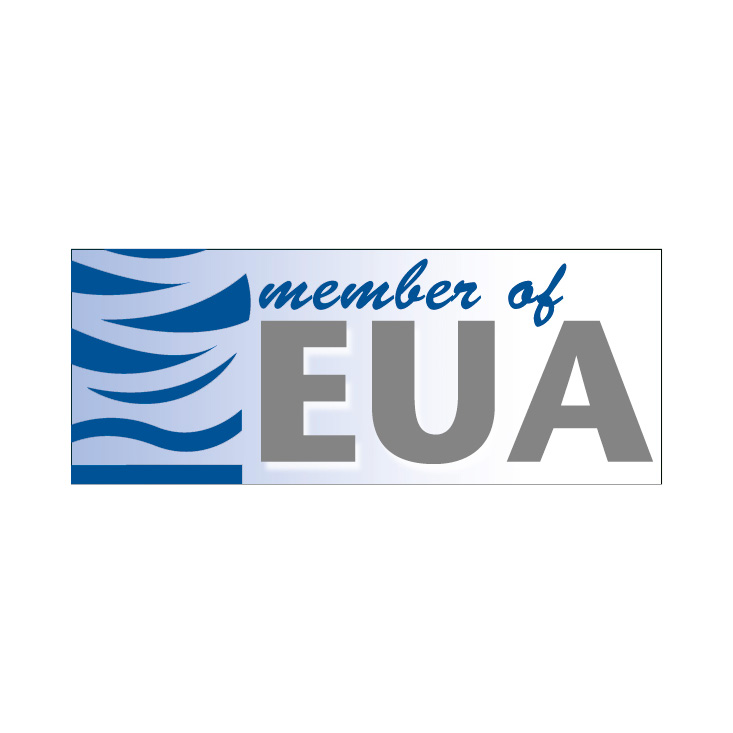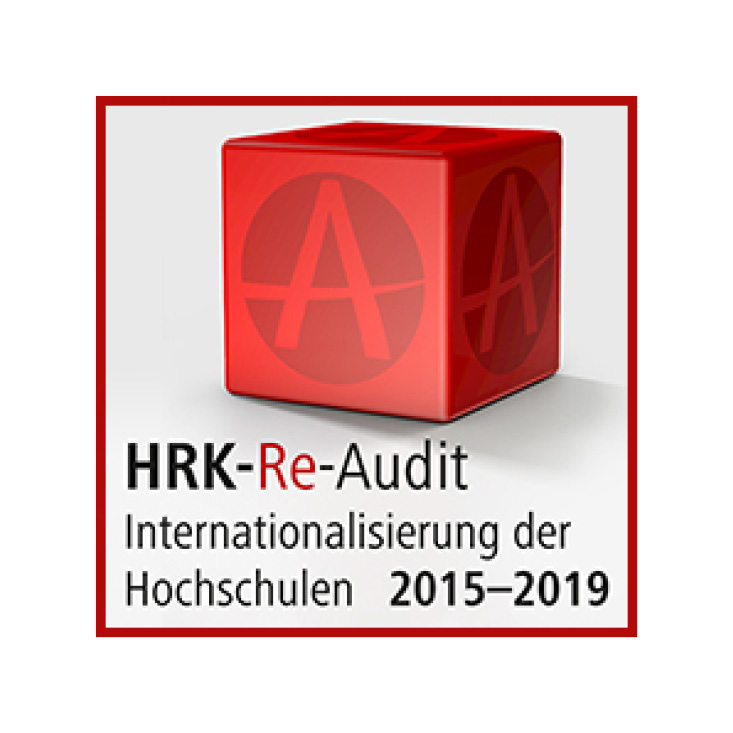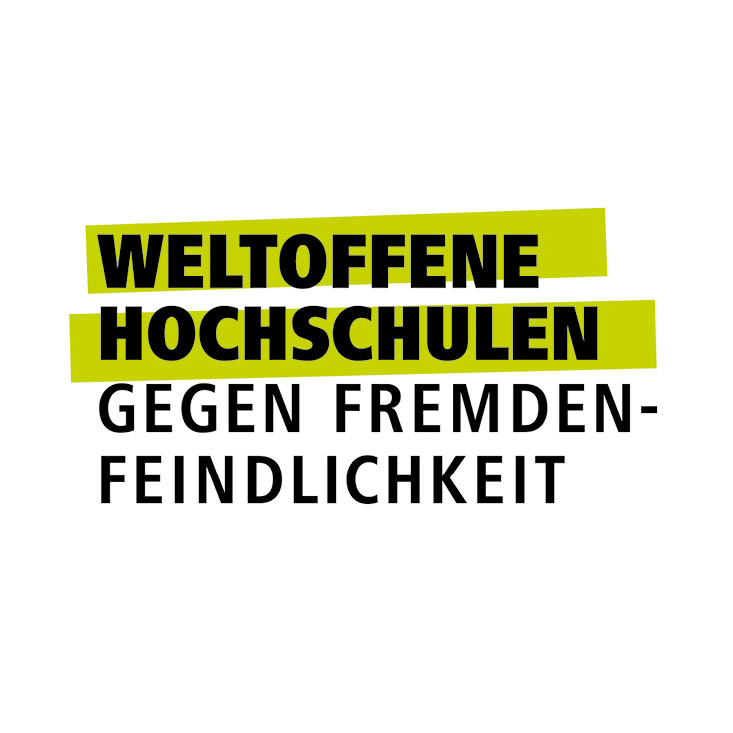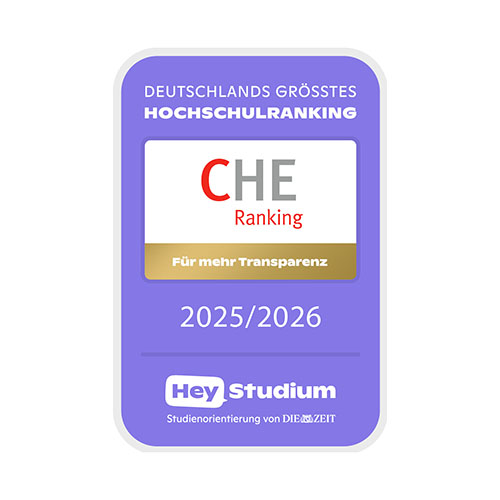Policy advice: from insight to implementation
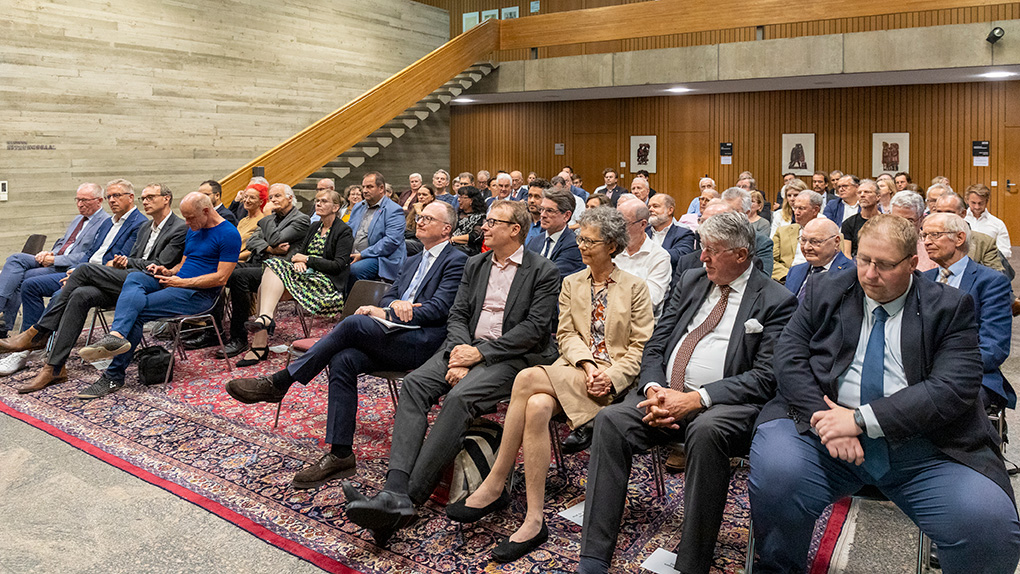
Scientific findings do not always find their way directly into political decisions. This was precisely the topic of discussion at the List Society's 100th anniversary event at Reutlingen University's ESB Business School. For two days, renowned researchers and political decision-makers discussed the opportunities and limitations of modern policy advice. Thus, the conference continued the tradition of Friedrich List, who was working towards a practical political economy in the 19th century.
Six panels featured renowned economists such as Prof. Dr. Andreas Polk (HWR School of Economics and Law Berlin), Regina Riphahn (FAU University of Erlangen-Nuremberg), Justus Haucap (University of Düsseldorf), Katharina Spiess (DIW German Institute for Economic Research DIW Berlin), Nils Goldschmidt (Global Ethic Institute) and Dieter Boockmann (IAW Institute of Applied Economic Research Tübingen), alongside political decision-makers including Member of the Bundestag Michael Donth (CDU) and former Member of Parliament for the Free Democratic Party (FDP) Stephan Seiter. Representatives of chambers, associations and foundations also contributed their perspectives.
The debates made it clear that policy advice operates within the tension between scientific analysis, political feasibility, and public communication. Topics discussed included the normative role of economics, gaps in empirical research data, the specific challenges of long-term education policy as well as the media's responsibility to convey economic content in a way that is easy to understand.
A key conclusion was that policy advice can only be effective if it is comprehensible to both politicians and the public. ‘Policy advice fails not because of a lack of knowledge, but because of implementation,’ emphasised Sabine Döring, a professor at the University of Tübingen. This summed up a core message of the conference. Scientific expertise requires clear communication, transparency and connectivity to effectively facilitate political decision-making.
At the reception held by the Reutlingen Chamber of Industry and Commerce, List researcher Eugen Wendler reflected on the society's accomplishments. The anniversary conference demonstrated that Friedrich List's mission to promote the exchange of research and practice has lost none of its relevance, even after 100 years.
